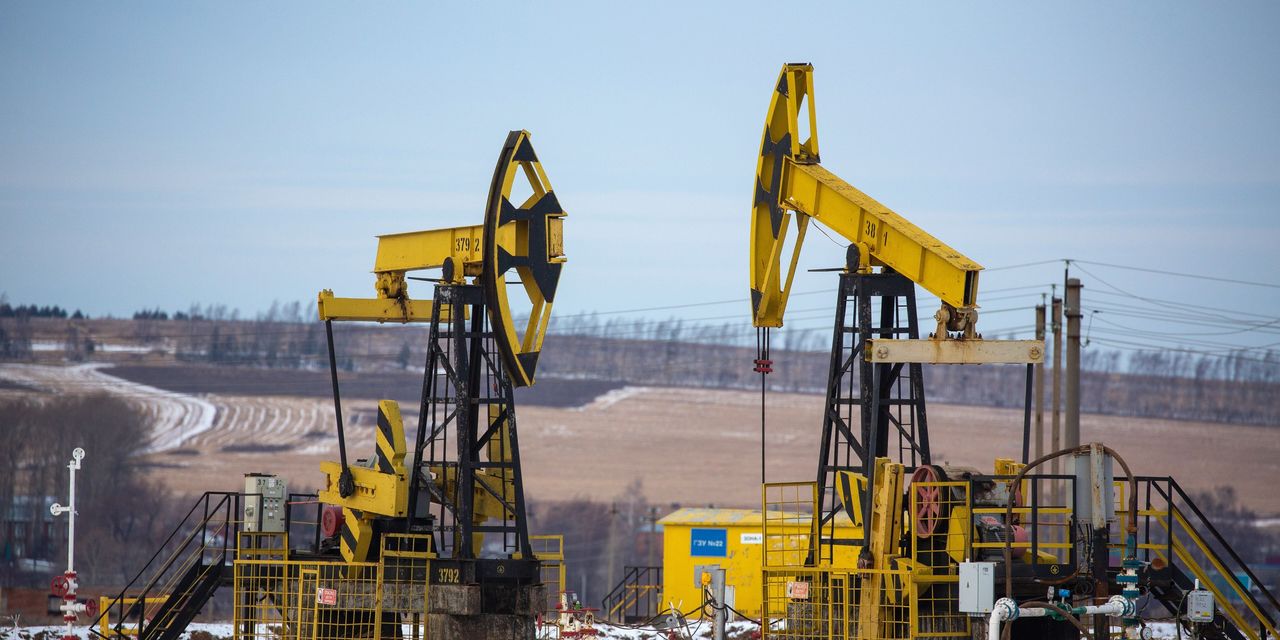OPEC and a Russia-led group of producers failed to agree on how to meet fast-rising demand from the industrialized world, as the club of rich nations emerges from pandemic lockdowns.
This week’s meeting of the Organization of the Petroleum Exporting Countries, and its Russia-led allies, dubbed OPEC+, has been hampered by conflicting signals about short-term and long-term demand. Some of the historical dynamics of the oil markets have been thrown upside down by the pandemic.
Demand growth from the developed world, which for years has stagnated, is on a tear as it emerges furiously from Covid-19 lockdowns. Meanwhile, the developing world—the source of almost all new oil demand in years past—is still sputtering.
A week ago, OPEC and allied producers led by Russia were leaning toward boosting production by half a million barrels a day, with more additions possible later in the year, The Wall Street Journal reported.
Going into formal deliberations being held virtually this week, Saudi Arabia, OPEC’s de facto leader, and Russia had agreed to take up a proposal that includes a boost of about half a million barrels a day starting in August, according to people familiar with the talks, and then gradually increasing OPEC+ output by a total two million barrels through December.













































